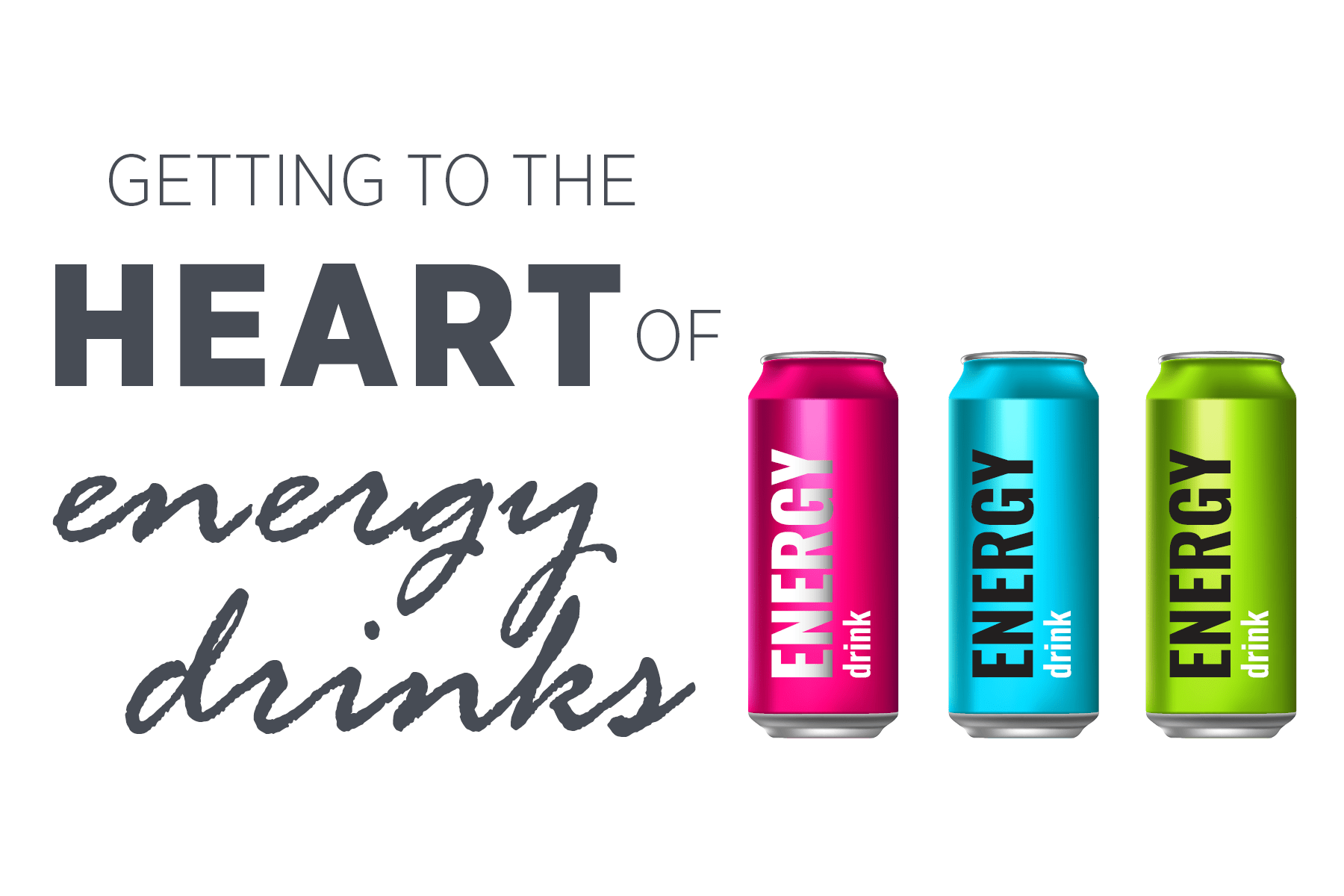
Getting to the Heart of Energy Drinks
Energy drinks have become a common sight on store shelves and in vending machines around the world.
Unlike sports beverages, these drinks are marketed to increase alertness and energy levels. However, formulas for these drinks include high amounts of sugar and caffeine that may lead to weight gain, insulin resistance, disturbed sleep, alcohol/cigarette abuse, anxiety, high blood pressure, and other aggressive behaviors – all of which can be linked to dangerous heart problems.
Despite these risks, sales continue to increase creating health risks for many Oklahomans.
Too Much Sugar:
While many energy drinks offer sugar-free versions of their products, a large amount of them contain high levels of sugar. This can lead to insulin resistance, weight gain, and an increased risk of type 2 diabetes, cardiovascular disease and gout.
Losing Sleep:
Many of us turn to energy drinks when feeling sluggish in the morning or when looking for a burst of energy to finish an important task late at night.
While they might seem helpful in the short-term, energy drinks can impact our ability to sleep well. Research shows that energy drink users sleep about half an hour less each night, and the sleep they do get is less restful than the average person.
This is when the unhealthy cycle can begin – as the less rest we get, the more we rely on energy drinks to get us through the day.
Impacts of Caffeine:
Caffeine found in energy drinks can contribute to a wide variety of heart-related issues.
Along with keeping us awake by blocking receptors in the brain that release adrenaline, caffeine can cause an increase in heart rate and blood pressure that is unnatural and can damage our hearts in the long run. In rare cases, seizures or cardiac arrest can occur.
Because the caffeine found in energy drinks is a drug, many also find themselves battling withdrawal symptoms such as headaches and anxiety if a pattern of use is broken.
Is it safe to drink energy drinks?
Although there is no evidence that a single energy drink will trigger a heart attack in a healthy person, the prolonged use of energy drinks in large quantities, especially in those with underlying risk factors, could contribute to heart attacks and other types of heart disease. Therefore, it is important to carefully consider the impact they have on your heart health when consuming these beverages.
Ultimately, the question of whether it is safe to drink energy drinks is based on your health conditions and is best answered by your primary care doctor or a cardiologist.
OSU Cardiovascular Medicine clinic | 918-582-7711